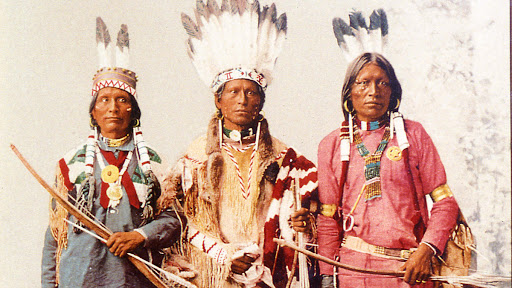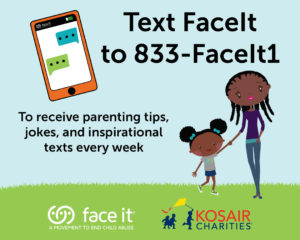
29 Nov Where do you come from?
 by Angei Varona, BSW intern at Campbellsville University.
by Angei Varona, BSW intern at Campbellsville University.
November is National Native American Heritage Month in which we celebrate and honor the rich history, culture and contributions of the first peoples in our nation. There are about 574 tribes recognized by the federal government of the United States, among them: the Apache, Blackfeet, Cherokee, Coyote valley, Chickasaw, Comanche, Pyramid Lake, Quechan, Samish, Te-Moak among others. Most live on reservations and trust land areas comprise 100 million acres.
The American Indians had a strong warrior spirit, were good hunters, and had great respect for nature. However, their customs and languages were very different from each other. It is estimated that when the Europeans arrived in North America, there were more than 300 different indigenous languages in these towns, of which more than half have disappeared and those that are still spoken are in danger of extinction.
Rimashun Kichwapi (let’s talk in quechua) My grandparents spoke our native languages (quechua) later in life they had to learn spanish due to systematic racism and discrimination. I grew up with the idea that I was mestizo that is what they taught me. I did not see myself as indigenous, since being mestizo was better than being indigenous but not as good as being a European. I had this idea until I lived in Colorado, where people did not see me as mestizo but I was often confused as Mexican, Indian, and Native American, which left me thinking a lot and analyzing who I was. I decided to find out more about my ancestors, study history, and educate myself. The more I researched; I realized that I belonged to this very different group of dark skin, with foreign languages and with spiritual beliefs that suffered the explosion of their lands, religion and customs thanks to colonialism.
When I started to learn my story and listen to my heart It was the moment I started to love myself, feel safe, love the color of my skin, and appreciate my features, but most importantly I knew who I was.
Today is a time to celebrate the diverse cultures, traditions, and contributions of indigenous peoples. Support them and donate directly to communities, and to organizations that support Indigenous liberation and learn about ICWA. Remember that there are many types of natives, our communities are diverse and we are not all the same.




